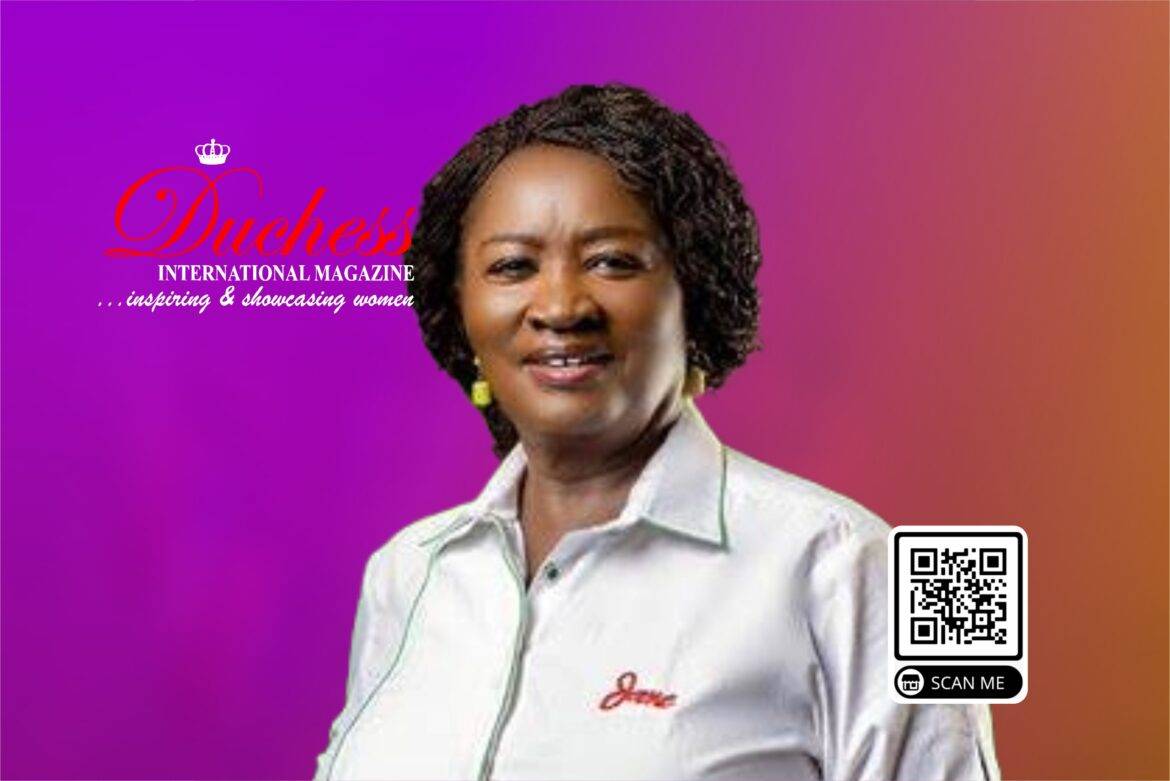In a historic moment for Ghana, Professor Jane Naana Opoku-Agyemang was sworn in as the nation’s first female Vice President on January 7, 2025, marking a significant leap towards gender inclusivity in African leadership. This achievement is not just a personal triumph for Prof. Opoku-Agyemang but a signal of hope and progress for women, girls, and indeed all Ghanaians who aspire to see a more equitable representation in governance.
Born on November 22, 1951, in Cape Coast, Ghana, Opoku-Agyemang’s career has been characterized by a series of firsts. She broke gender barriers in academia as the first woman to serve as Vice-Chancellor of the University of Cape Coast from 2008 to 2012, a role in which she significantly advanced the institution’s academic and infrastructural development. Her tenure was marked by a drive for excellence and inclusivity, setting a precedent for future generations.
Beyond academia, Opoku-Agyemang’s influence extended into the political arena, where she served as Ghana’s Minister for Education from 2013 to 2017. Her efforts during this period focused on enhancing educational infrastructure, policy reforms for better access to quality education, and promoting gender equity within the educational framework.
The path to becoming Vice President was paved with her nomination as the running mate to John Dramani Mahama for the National Democratic Congress (NDC) in both the 2020 and 2024 elections. Her selection in 2024 was not just a strategic political move but a statement on the need for gender representation in high office. The NDC’s victory in the 2024 election was a collective win, but for many, particularly women activists and scholars, it was Opoku-Agyemang’s ascension that symbolized a victory for gender equality and a shift towards recognizing women’s capability in leadership roles.
Opoku-Agyemang’s swearing-in was a moment of national pride and international attention. As the first female Vice President, she embodies the potential for change, challenging the entrenched gender norms in African politics. Her role is pivotal in several areas:
Education: With her background in academia, there’s an expectation that she will champion educational reforms, focusing on accessibility, quality, and inclusivity.
Gender Equality: Her presence in one of the highest offices will likely inspire policies that further women’s rights, encouraging more women to participate in politics and leadership roles across various sectors.
Youth Empowerment: Known for her focus on the youth during her political campaigns, Opoku-Agyemang is poised to advocate for policies that address unemployment and skill development among young Ghanaians.
Cultural Shift: Her leadership might catalyze a broader cultural shift towards recognizing and valuing women’s contributions in all spheres of public life.
This historic moment extends beyond Ghana’s borders. Across Africa, where female representation in high political offices remains limited, Opoku-Agyemang’s role could inspire a new wave of female leadership. Her success is a testament to the fact that with determination, education, and the right opportunities, women can excel in any leadership position, challenging the patriarchal structures that have long dominated political landscapes.
Professor Jane Naana Opoku-Agyemang’s journey to becoming Ghana’s first female Vice President is not just a political milestone but a cultural and societal one. It’s a narrative of breaking barriers, of resilience, and of the undeniable impact of inclusive leadership. As she steps into her new role, the nation and the world watch with anticipation, hoping that this is just the beginning of a transformative era in Ghanaian and African politics. Her legacy, should she continue to excel in her new capacity, will be remembered not only for the history she’s made but for the future she helps to shape for countless others.



